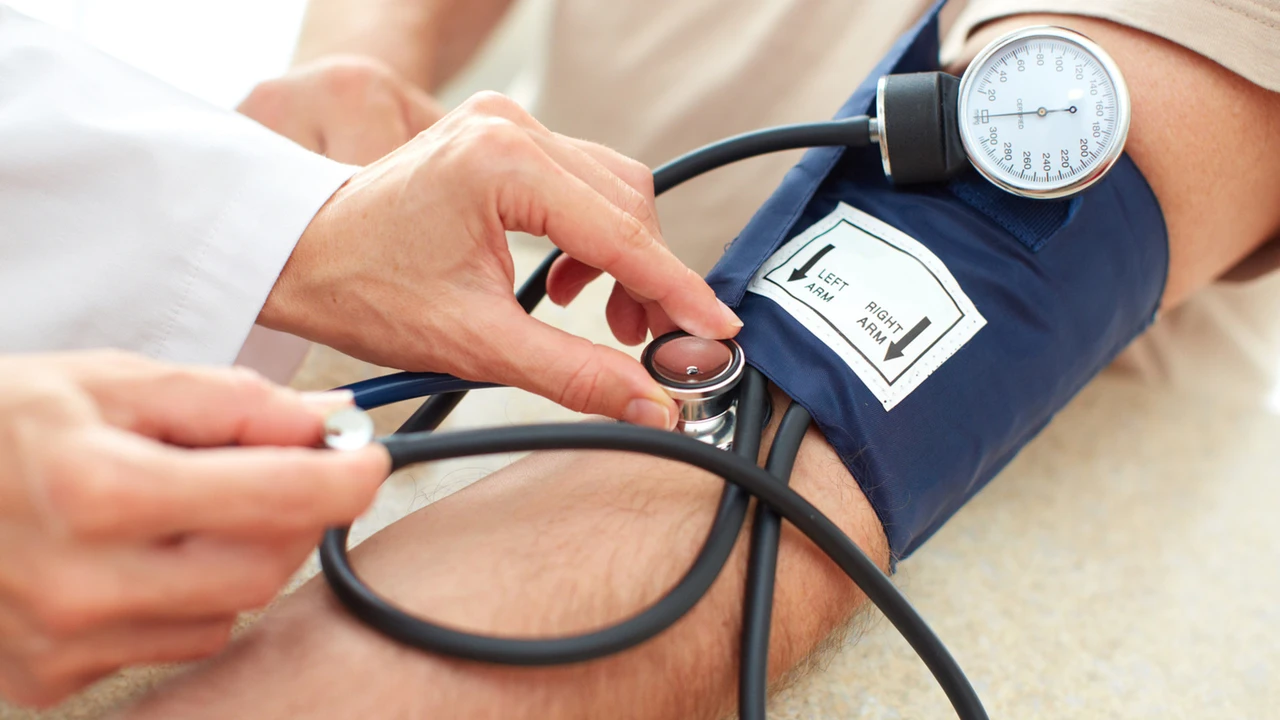Irbesartan Hydrochlorothiazide: a practical guide
Irbesartan Hydrochlorothiazide (often written as irbesartan/HCTZ) combines two medicines in one pill to lower blood pressure. One part blocks angiotensin receptors (irbesartan), relaxing blood vessels. The other part (hydrochlorothiazide) is a mild diuretic that helps your body shed extra salt and water. Together they tackle high blood pressure from two angles, which can make control easier than one drug alone.
Who usually takes this? People with hypertension that isn’t controlled by a single drug, or those who can benefit from the combo to simplify treatment. It’s also a common option if your doctor wants to reduce swelling and fluid retention while lowering blood pressure.
How it’s commonly dosed and what to expect
Typical brand or generic pills come in strengths like 150/12.5 mg or 300/12.5–25 mg (irbesartan/hydrochlorothiazide). Your exact dose depends on your blood pressure, other medicines, kidney function, and overall health. You usually take it once daily, at the same time. If you feel dizzy when standing up, that may mean your dose is lowering your pressure too quickly—stand up slowly and tell your provider.
Effects on blood pressure are noticeable within a few hours, but full benefit may take a few weeks. You’ll likely get periodic checks for blood pressure, kidney tests, and blood tests to check sodium, potassium, and creatinine.
Side effects, interactions, and safety tips
Common side effects are dizziness, lightheadedness, increased urination, and tiredness. Because the thiazide part can lower sodium and potassium, you might see muscle cramps or weakness. Hydrochlorothiazide can also raise blood sugar or uric acid in some people. Serious signs to watch for: fainting, very low urine output, yellowing skin or eyes, swelling of the face or throat—seek medical help right away.
Watch drug interactions. NSAIDs (like ibuprofen) can blunt blood pressure effects. Combining with potassium supplements or potassium-sparing medicines can raise potassium too much. Lithium levels may rise if taken with an ARB. Tell your provider about all prescription drugs, supplements, and herbal products you use.
Avoid during pregnancy. Angiotensin blockers like irbesartan can harm a developing fetus. If you’re planning pregnancy or become pregnant, switch medications under medical guidance. Also use caution if you have kidney disease or severe dehydration.
Practical tips: take the pill at the same time each day, usually in the morning to match the diuretic effect. Don’t stop suddenly—blood pressure can rebound. If you miss a dose, take it when you remember unless it’s near the next dose; never double up. For buying: only use licensed pharmacies and expect a prescription; online sellers should be verified.
If you’re unsure whether this combo is right for you, ask your healthcare provider for a straightforward run-through of risks and benefits. Small checks—blood pressure logs and a few lab tests—make this medication both safer and more effective.
The Impact of Irbesartan Hydrochlorothiazide on Quality of Life
Today, I want to chat about something that's been on my mind - the impact of Irbesartan Hydrochlorothiazide on our quality of life. Honestly, it's astonishing when you start unraveling the science behind this blood pressure medication. We'll delve deeper into the linkages between this medicine and our overall well-being. Also, we will discuss if it's actually improving the quality of life for those who are prescribed it. Join me as we explore this riveting topic together!
View more
